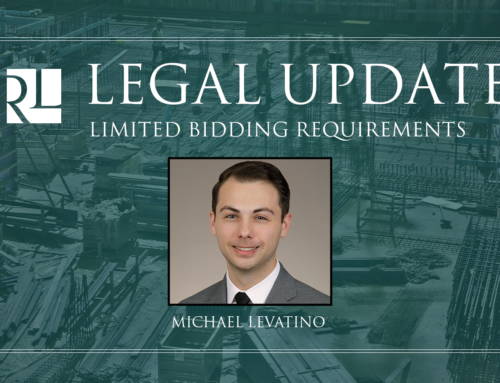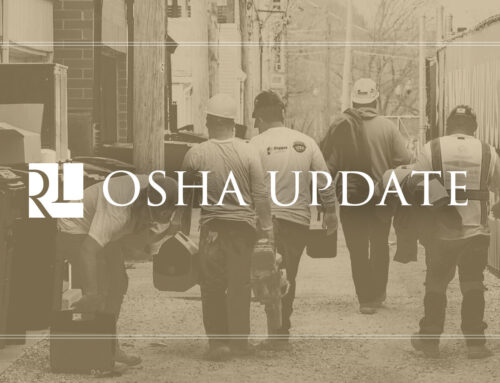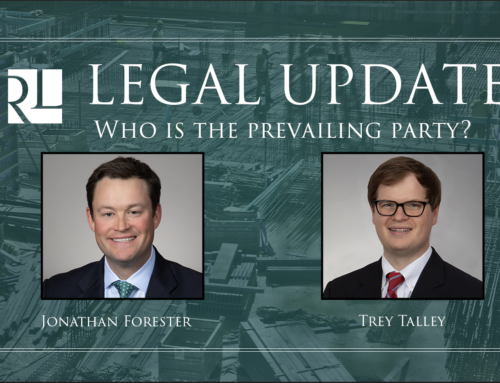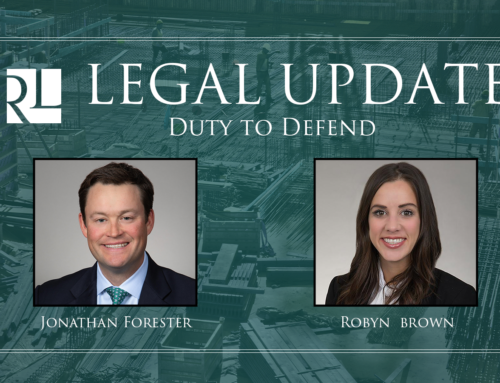The Supreme Court of Texas dealt a heavy blow to insurers with two opinions that will subject insurance companies to steep damages for violating Texas’ Prompt Pay statute (TPPCA) when the insurer invokes an appraisal clause and does not pay within the 60-day window required by statute. Additional damages including up to 18% annual interest on past-due amounts pursuant are recoverable by the insured when the insurance company pays in accordance with an appraisal but is found liable under the policy. In Barbara Technologies Corp. v. State Farm Lloyds, the Texas Supreme Court reversed several years of precedent, while Ortiz v. State Farm Lloyds illustrates how the rule is applied.
In Barbara Technologies, the dispute arose after a massive hailstorm in March 2013 damaged Barbara Technologies’ property in San Antonio; Barbara Technologies filed a claim with its insurer in October 2013. State Farm appraised the damage as less than $3,200, which was under the policy’s $5,000 deductible. Barbara Technologies claimed damages were vastly under-appraised and filed suit for the difference and for violating the TPPCA. After suit was filed, State Farm invoked the policy’s appraisal clause, which allowed each party to appoint an appraiser. About eight months later, the appraisers determined the damages totaled $195,343.63. Soon thereafter, State Farm paid Barbara Technologies $178,845.25 – the difference minus depreciation and deductible.
Barbara Technologies amended its petition after payment was made, maintaining State Farm violated the TPPCA by delaying payment for the March 2013 claim until August 2015. Both the trial and appellate courts found in favor of State Farm. The Supreme Court of Texas reversed those decisions and found in favor of Barbara Technologies, stating that the payment, although in accord with the policy’s appraisal clause, was still more than 60 days past due and State Farm could be liable for prompt payment damages. The court observed that the TPPCA limits liability to either an admission of coverage by the insurance company or a finding of liability through adjudication; crucially, the appraisal process does assign liability, but only acts as a mechanism to quickly determine the value of property damage. Accordingly, the court reasoned that State Farm’s liability for damages under the policy was a prerequisite to damages under the TPPCA, and the case was remanded back to trial to determine State Farm’s liability under the policy.
In Ortiz, the Supreme Court of Texas remanded another insurance dispute involving State Farm back to the lower court to determine the insurer’s liability for delays in payment. Ortiz involved a homeowner whose property was damaged by wind and hail on in November 2014. Several weeks later, State Farm inspected the property and appraised the damage at $732.53, which was under the policy’s $1,000 deductible. Ortiz sent State Farm an estimate totaling $23,525.99 and State Farm sent another inspector, who reappraised the damage at $973.94 in March 2015. Ortiz filed suit shortly thereafter for breach of contract, violation of the TPPCA, and bad faith insurance practices. In response to the suit, State Farm motioned to compel appraisal under the policy. The damage was appraised at $9,447.52 in December 2015; State Farm paid the appraised value minus deductible. Both the trial and appellate courts found in favor of State Farm regarding TPPCA damages.
On appeal, the Supreme Court of Texas ruled that the appraisal payment barred Ortiz’s breach of contract and bad faith insurance practice claims. However, the court remanded the TPPCA violation back to the trial court to determine State Farm’s liability under the policy, pursuant to the ruling in Barbara Technologies. Again, the court noted that the appraisal process did not address State Farm’s liability under the policy, and without a liability determination, the court was unable to properly judge whether State Farm violated the TPPCA and remanded the case back to trial to make this finding.
As Barbara and Ortiz show, the Supreme Court of Texas is a cautionary tale for insurers using appraisal clauses to delay payment of claims. Allowing insurance companies to foreclose TPPCA damages after paying in accordance with an appraisal clause could result in long delays of payment, like the two-year delay seen in Barbara, defying the purpose of the statute. From an insurer’s standpoint, the ruling limits the effectiveness of appraisal clauses by requiring resolution within 60 days.



